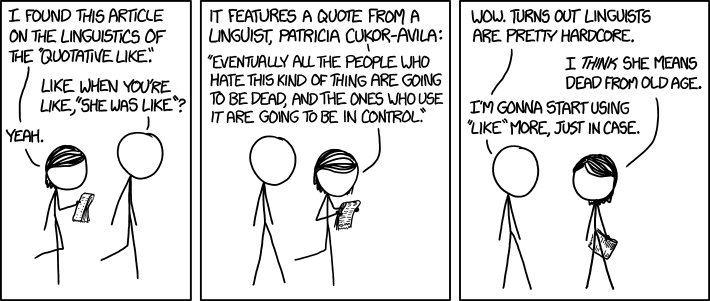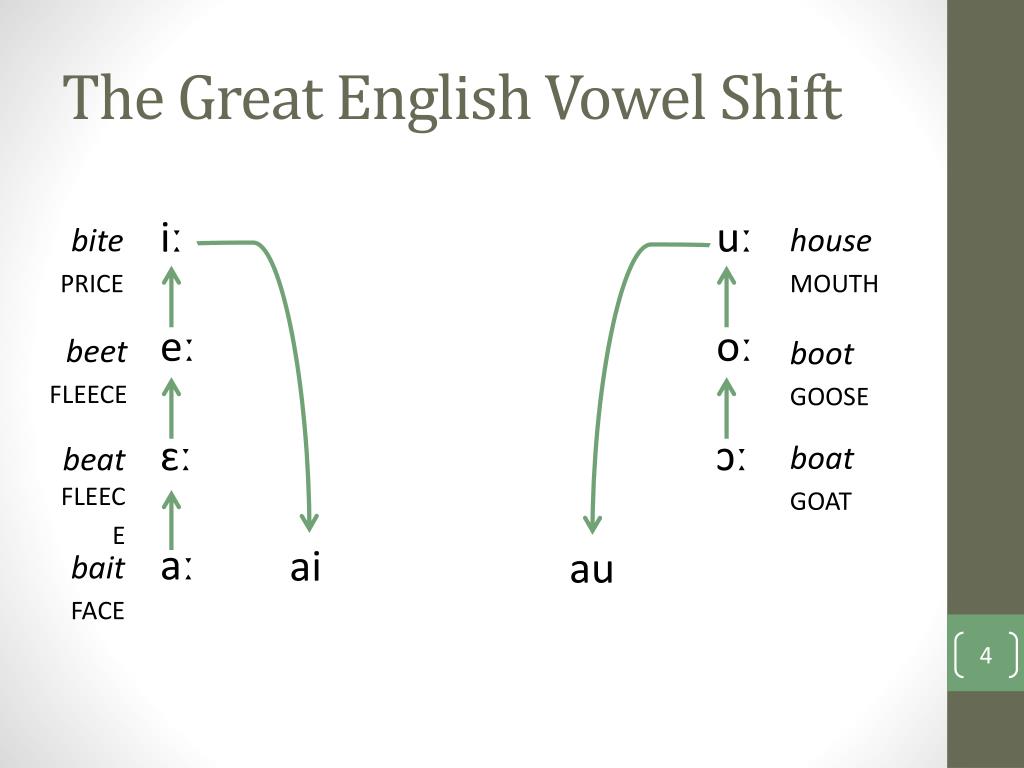Hello, I am late to the blog party. Here are some memes to hopefully express my current state of mental stability.
Sociolinguistics
Language differences are sometimes easily noticeable and can be a key to understanding a person and how they live or how they were raised. I read an article called "The Need for New Approaches To Social Class Analysis In Sociolinguistics" that's about the approaches to research within sociolinguistics and thought it would help me find a new perspective on how people interact with each other and its relation to language. Basically, the article focuses on the importance of social class, ethnicity, and network. Another important factor within this article is their weight of importance on the socio side of linguistics and that made me think of a sociology project I had to complete this semester that is focused on the relationships between students and professors across the departments within Clarion University. I had used participation observation as a method of conducting my research for that project. This brought me to make a connection of networking that was one of the key factors within the article. I noticed through my observations within the classrooms that there are social structures within the students and they seem to be connected by their goals in that class. Those who seem to have a strategy of when participation would help them most sat with those who had a similar technique. I think this relates to how humans process language and learn from it, but also has shown me that within the student body there were little groupings based on how they learn. I noticed that these groups were also linked by the way they spoke based on when the professor was around or not. There were also differences in types of mannerisms or jokes being said within the classroom. I find networking to be a very important skill set and can be varied based on how a person was raised and with the inequality within America, there can be disadvantages that can lead to variations with how people speak when they are networking.
-Zoe Stone


















 What sparked my interest about Chapter 5 actually happened quite early in the chapter. In section 5.2 on page 128 while talking about mapping regional variants it mentioned how some of the earlier computerized cartographic maps, including DARE maps, displayed states based on population density rather than geographical area. Because of this, a state like Texas which is geographically large, appeared smaller than New York. Personally, I would have never thought that this could happen. I've always assumed that every state had a fairly even amount of regional variants, and if anything, I thought that bigger states had more than smaller states. In retrospect however, it does make sense, as areas with higher population density act as melting pots where people are exposed to so many other cultures that they eventually lose their linguistic purity. So, while it does make sense, I am still hung up on the fact that it's Texas we're talking about. As Texas is on the Mexican border I would have thought there would have been a similar amount of regional variants compared to somewhere like New York. So, as a question to the rest of the class, do you think this is because Texas is only dealing with two main cultural groups while New York has multiple cultural groups within it (Even though each group individually within New York likely isn't as big as the Hispanic/Mexican culture in Texas)?
What sparked my interest about Chapter 5 actually happened quite early in the chapter. In section 5.2 on page 128 while talking about mapping regional variants it mentioned how some of the earlier computerized cartographic maps, including DARE maps, displayed states based on population density rather than geographical area. Because of this, a state like Texas which is geographically large, appeared smaller than New York. Personally, I would have never thought that this could happen. I've always assumed that every state had a fairly even amount of regional variants, and if anything, I thought that bigger states had more than smaller states. In retrospect however, it does make sense, as areas with higher population density act as melting pots where people are exposed to so many other cultures that they eventually lose their linguistic purity. So, while it does make sense, I am still hung up on the fact that it's Texas we're talking about. As Texas is on the Mexican border I would have thought there would have been a similar amount of regional variants compared to somewhere like New York. So, as a question to the rest of the class, do you think this is because Texas is only dealing with two main cultural groups while New York has multiple cultural groups within it (Even though each group individually within New York likely isn't as big as the Hispanic/Mexican culture in Texas)?


